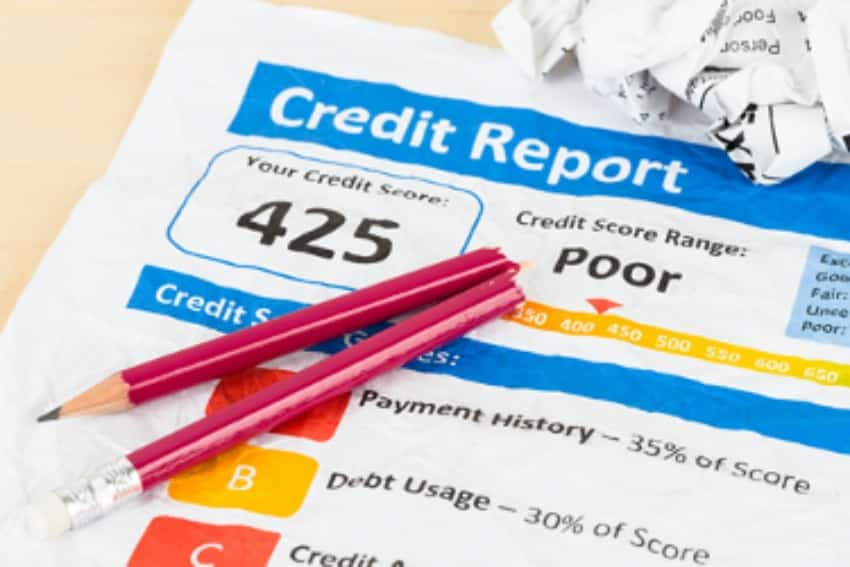Anyone who has experienced bad credit will know what a difference it can make to their lives.
This is why repairing your credit is so important, as this can help to reverse some of the damage caused by having poor credit. However, it can be quite an involved and time-consuming process, so you should never expect results overnight.
In order to start making improvements to your credit, you first need to ensure you know exactly what the situation is. This means ordering a copy of your credit report and score and checking through it very carefully. You must remember that there are various factors that can have an impact on your credit, some of which you may not even be aware of. So, checking your credit report carefully will enable you to determine the steps you need to take. In addition, you need to ensure you then check your credit report on a regular basis, as this will make it easier for you to keep your credit on track.
What to Look for on Your Credit Report
The action you need to take in order to fix mistakes on your credit report will depend largely on the problems that you come across. So, here are some of the issues you need to look for when you check your credit report:
Outdated Information
One of the basic things you need to look for on your credit report is outdated information, as this can have a big impact on your credit score. There may be loans and other debts that have been long settled but still showing as open on your credit report, for example. You may find that details such as your address are outdated on your credit file. Basically, any information that is not up to date should be amended in order to ensure the accuracy of your information and credit score. If there is any out of date information that you pick up on while checking your report, make sure you contact the various credit reference bureaus to make them aware and to update your details.
Human Error and Inaccuracies
Another thing you need to look out for is mistakes that are down to human error. Remember, the people who work at the credit bureaus are human, and as with any other type of business, mistakes can be made when it comes to entering, removing, or amending information on your file. So, don’t just assume that everything on your credit report is correct, as this may not be the case. Be sure to check every little detail on your report and ensure it is all correct, as even little mistakes and inaccuracies could have a profound impact on your credit.
Suspicious Transactions
You also need to ensure you look for suspicious transactions on your credit report, as this can not only have a damaging impact on your credit, but it could indicate some form of criminal activity such as identity theft or fraud. This type of criminal activity has become increasingly common over recent years, and many have fallen victim to it. However, they often do not notice until it is too late because they never bother to go through their credit reports. By checking your credit file, you can report any suspicious activities, and it could help to save you from the stress of falling victim to crime as well as improving your credit.
Improving Your Financial Habits to Improve Your Credit
Of course, you also have to consider your financial habits if you want to fix your credit, as this will have a huge impact both now and in the future. For instance, if you always max out your credit cards to the hilt, you need to stop this habit, as it will have a negative impact on your credit report and score. Likewise, if you apply for one loan after another in a short period of time, it will negatively affect your credit.
In addition, you must ensure you get into the habit of making bill and debt payments on time and for the right amounts, as otherwise, you will have black marks on your credit file with each missed or late payment. Set up direct payments so that the bills are paid automatically to reduce the risk of payment issues.
These are some of the key ways in which you can fix your credit report and boost your score.


